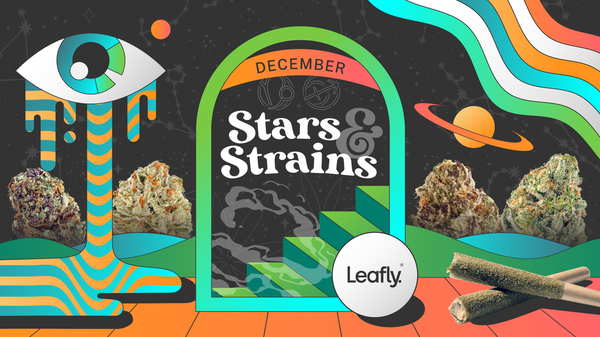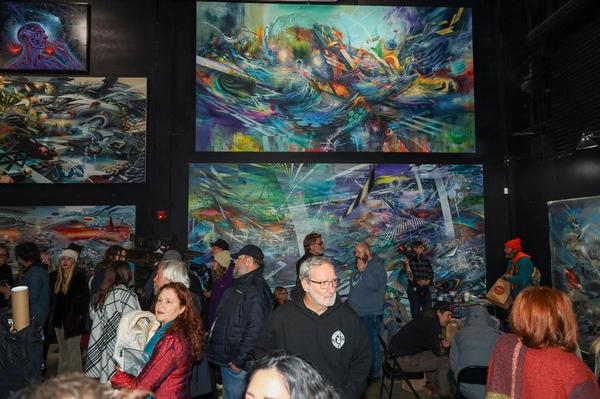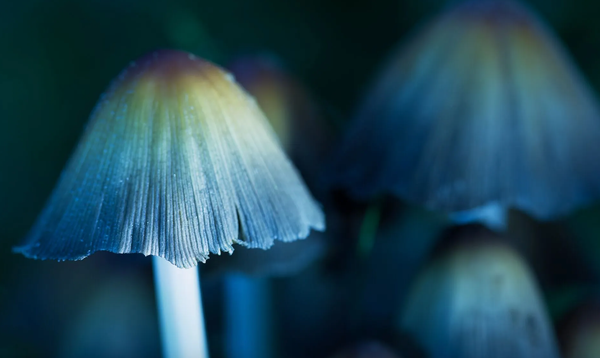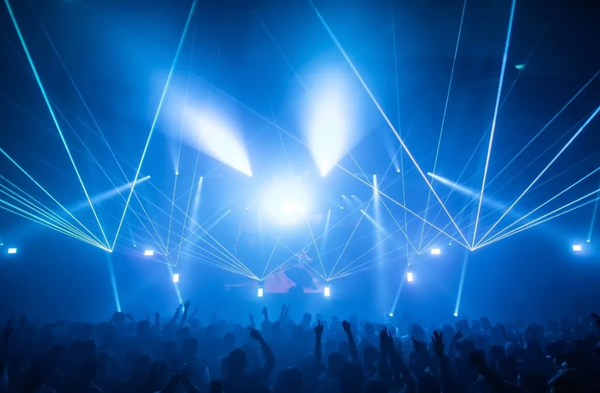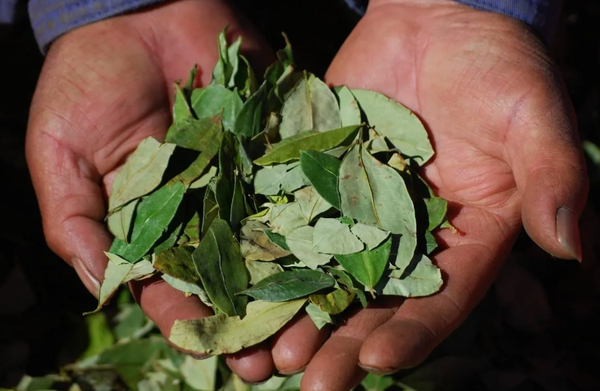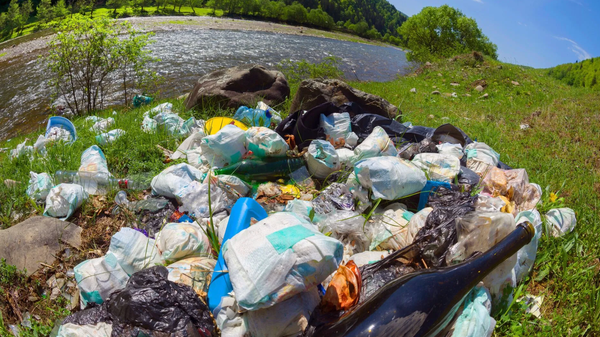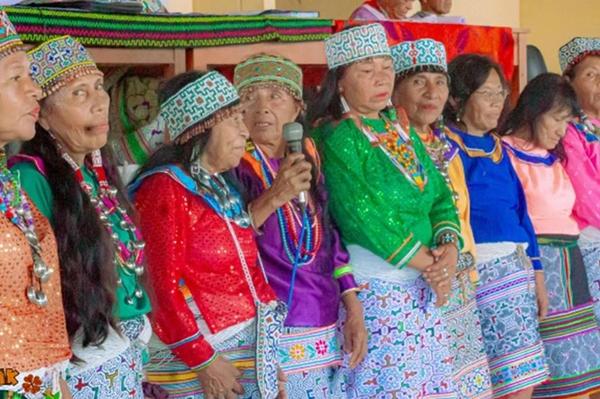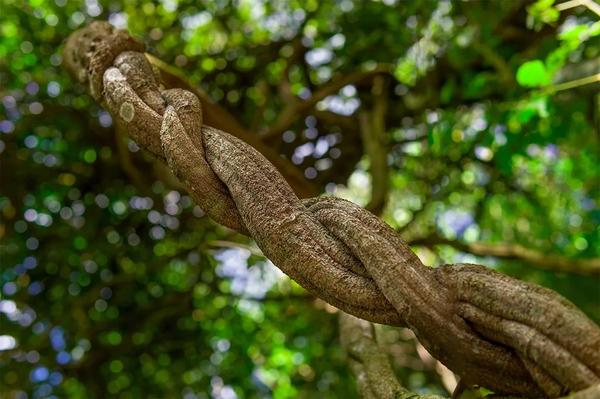
Mary Carreón is a journalist whose work explores the intersection of culture, drug policy, and the environment. As the Editor-in-Chief at DoubleBlind, she empowers writers to craft stories that spark meaningful dialogue and encourage readers to think and engage with diverse issues.
She co-founded the Hyphae Leaks podcast, hosted on Psychedelics Today’s platform, where she dives into the complexities of the psychedelics space. You can find more of her work in Billboard, KCRW/NPR, Insider, The LAnd Magazine, High Times Magazine, OC Weekly, LA Weekly, and more.
An experienced moderator, Mary has shared her insights on panels at major conferences like Wonderland Miami, SXSW, and MAPS’s Psychedelic Science. Additionally, she graduated in the top 5% of her cohort from UCLA’s paralegal certificate program.
Follow Mary on Instagram or reach out to her at marycarreonwrites@gmail.com.

